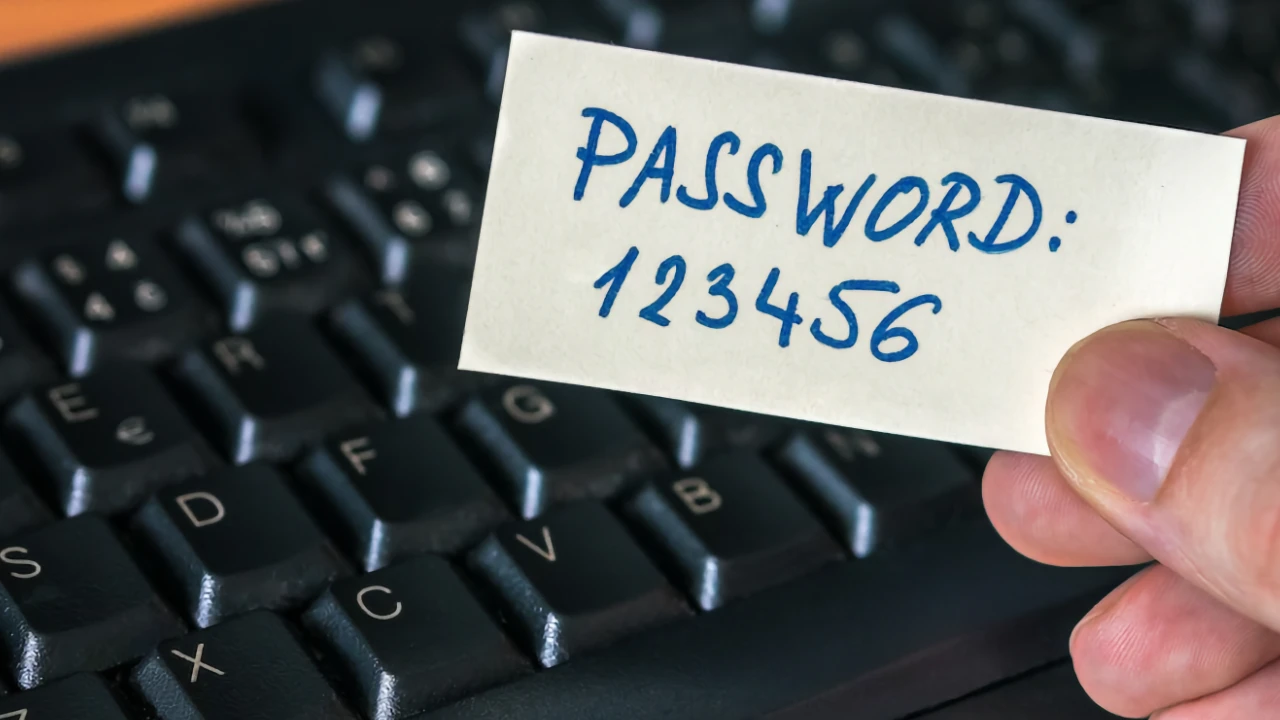Transport giant KNP, which operates a fleet of 500 trucks in Northamptonshire, England, woke up one morning to find its entire digital presence locked. The attackers’ note read, “Let’s put aside the tears and engage in a constructive dialogue.” This request for dialogue was the prelude to a multi-million pound ransom negotiation that ultimately led to the company’s demise.
According to the BBC, this incident is just one example of the growing cyber epidemic sweeping the UK. Major brands like M&S, Co-op, and Harrods have also been targeted by ransomware in recent months. Co-op even had to confirm that the data of 6.5 million of its members had been stolen.
Weak password cost KNP dearly
So how could a well-established company like KNP, which employs hundreds of people, suddenly collapse? The answer is tragically simple: a weak employee password.
Cyber hackers exploited this single weak link to infiltrate the company’s entire network, encrypt critical data, and completely shut down operations. The hacker group Akira demanded a ransom of up to £5 million to return the data. KNP couldn’t afford to pay. As a result, all data was deleted, the company went bankrupt, and hundreds of people were left unemployed.
Institutions like the UK’s National Cyber Security Centre (NCSC) and the National Crime Agency (NCA) are waging a relentless fight against this threat. While the NCSC is working to prevent attacks, the NCA focuses on apprehending the perpetrators. However, an NCSC official admitted the harsh reality: “The problem is that there are too many attackers, and we don’t have enough.”













